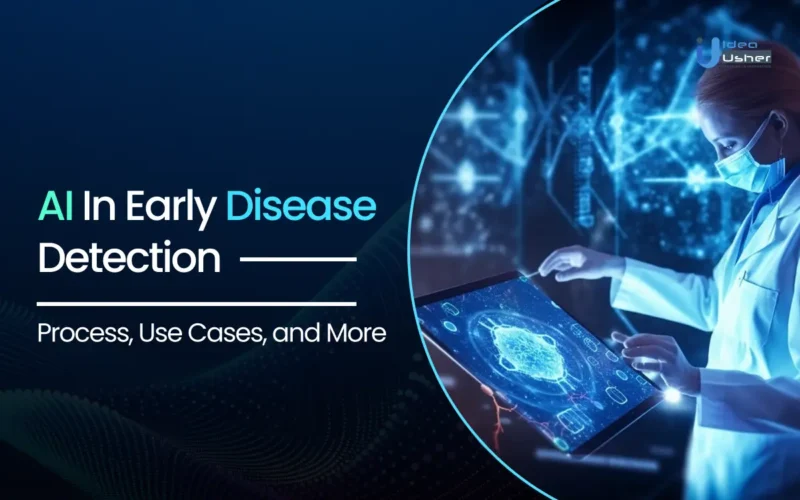Artificial Intelligence (AI) is set to improve the early detection and diagnosis of diseases like arthritis, a development that could significantly enhance patient outcomes.
A team of researchers from the University of Reading has been awarded £1.2 million to lead a project aimed at creating an innovative machine learning system designed specifically for the early identification of rheumatic and musculoskeletal diseases (RMD). Named RMD-Health, this advanced diagnostic tool could transform healthcare systems by reducing diagnostic delays and optimizing treatment pathways.
The three-year project, spearheaded by the Henley Business School, represents a collaboration between experts from multiple disciplines, including AI specialists, rheumatologists, and healthcare providers.
Funded by the National Institute for Health and Care Research (NIHR), the initiative will work closely with key healthcare institutions, such as the Royal Berkshire NHS Foundation Trust and the Oxford University Hospitals NHS Foundation Trust, which will be the first to trial the RMD-Health system.
The Challenge of Diagnosing Rheumatic and Musculoskeletal Diseases
Rheumatic and musculoskeletal diseases (RMDs) are a broad category of conditions that affect the joints, muscles, and bones, and they often lead to chronic pain and disability.
Arthritis, a common RMD, is notoriously difficult to diagnose in its early stages due to vague symptoms and the need for specialized clinical expertise. Unfortunately, delays in diagnosis can result in irreversible damage to the joints, a decline in quality of life, and increased long-term healthcare costs.
Traditionally, the detection of RMDs relies heavily on referrals from general practitioners (GPs) to specialist rheumatologists. These specialists, however, are in high demand, creating long waiting times for patients and overburdened healthcare systems.
AI technology is expected to alleviate these issues by providing a faster, more accurate method of screening patients and facilitating timely referrals.
How AI Can Transform Arthritis Detection
The RMD-Health project aims to develop an AI-powered decision support system that will analyze patient referral data and predict the likelihood of RMDs far earlier than current methods allow.
Professor Weizi Li, the project’s lead, explained that the system will leverage machine learning algorithms to assist doctors in making better diagnostic decisions. By integrating this AI tool into the healthcare system, specialists can be freed from the heavy burden of patient assessments and focus on delivering more personalized care.
“Unlike existing solutions, which often rely on the advice and guidance of already stretched rheumatology specialists, we’re introducing a machine learning-based decision support system,” said Professor Li. “This will enable doctors to refer patients more accurately and promptly, ultimately leading to quicker and more effective treatment.”
The system’s early tests have shown promising results. According to Dr. Antoni Chan, a consultant rheumatologist at the Royal Berkshire Hospital and co-lead on the project, the AI model has already demonstrated significantly higher accuracy than current clinical criteria.
“This project represents a major step forward in the early detection and referral of RMD, promising improved patient outcomes, reduced healthcare costs, and increased efficiency across our healthcare system,” Dr. Chan added.
A Collaborative Approach to Innovation
The development of RMD-Health is a collaborative effort between a wide range of stakeholders, including healthcare professionals, AI researchers, GPs, and patient advocacy groups.
The project is supported by the RBFT Health Data Institute, Health Innovation Oxford and Thames Valley, and the Buckinghamshire, Oxfordshire, and Berkshire West Integrated Care Board.
Importantly, patient leaders have also been brought into the conversation to ensure that the system is patient-centric and meets the real-world needs of those living with arthritis and other RMDs.
One of the most exciting aspects of the RMD-Health system is its potential to be commercialized and integrated into healthcare systems globally. The researchers have designed the system with regulatory approval in mind, ensuring that it can be scaled up and used by hospitals and clinics around the world.
As AI becomes increasingly accepted as a tool in medicine, systems like RMD-Health could revolutionize the early diagnosis of chronic diseases, allowing healthcare providers to intervene earlier and offer more effective treatment options.
The Future of Arthritis Care
The AI-based early detection system has the potential to dramatically change the lives of people with arthritis. Early diagnosis and intervention are crucial to preventing the progression of arthritis, which can otherwise lead to joint damage, chronic pain, and a reduced quality of life.
By speeding up the referral process and improving the accuracy of diagnoses, RMD-Health could reduce the number of patients suffering from severe, advanced-stage arthritis.
Additionally, the system promises to ease the burden on healthcare systems, which often struggle with limited resources and long waiting times for specialist care. As the demand for rheumatologists continues to outpace supply, AI systems like RMD-Health could help bridge the gap, ensuring that patients receive timely and appropriate care.










Join our Channel...